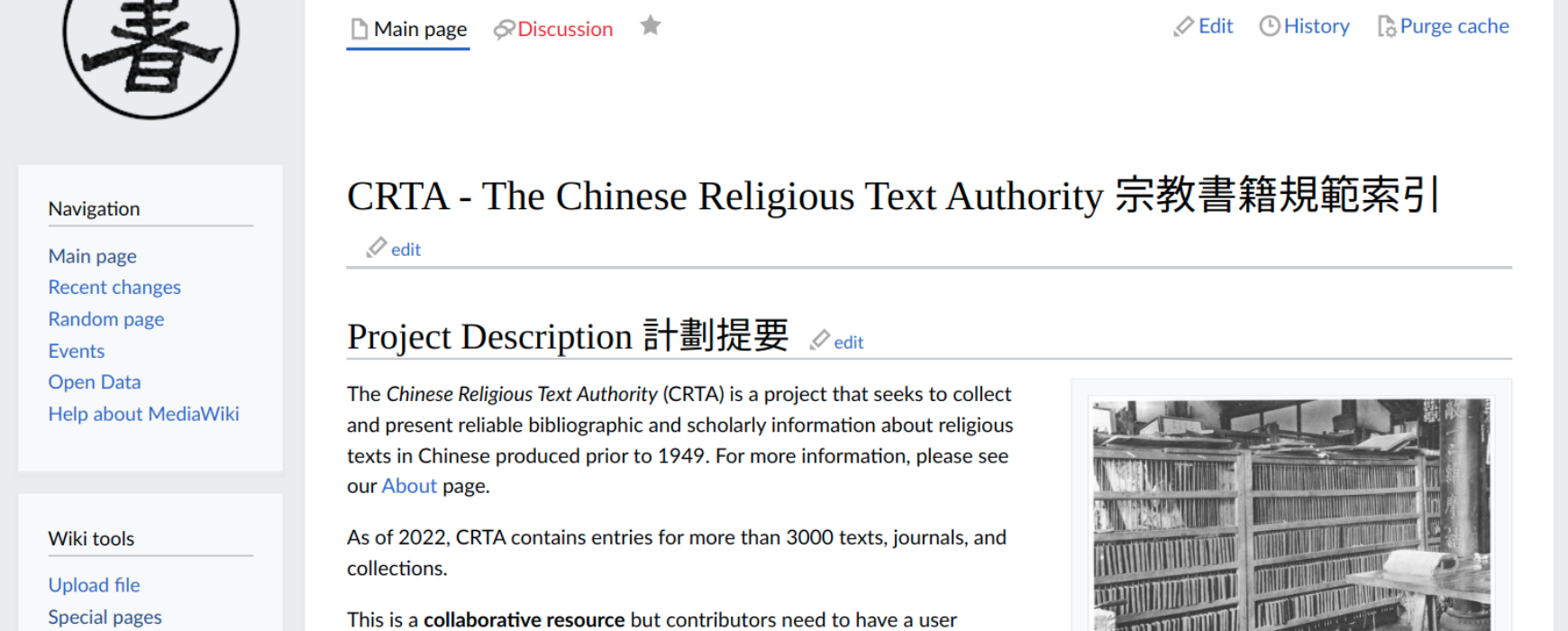
Chinese Religious Texts Authority (CRTA) workshop on reading late imperial Chinese religious texts and database building
Paris, France. January 5-8, 2023.Continue reading

Paris, France. January 5-8, 2023.Continue reading
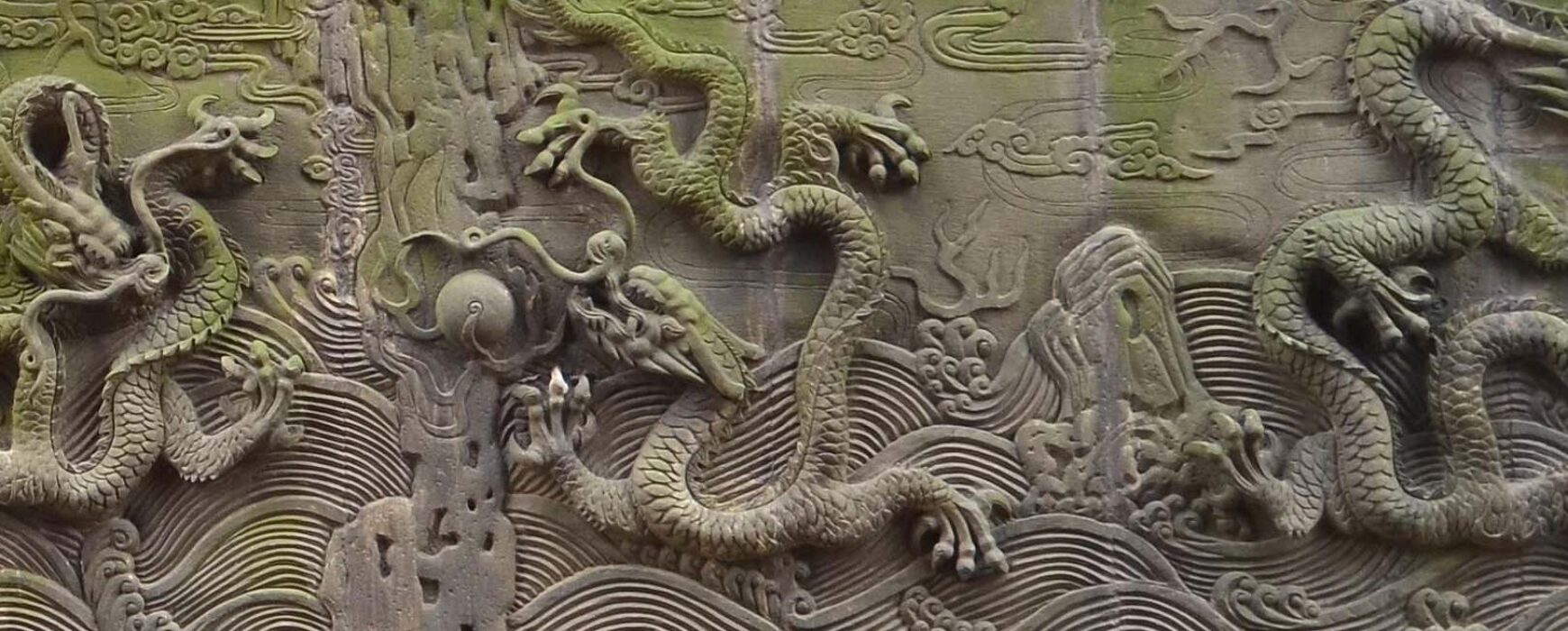
May 23–August 5, 2022Continue reading

Applications due March 30, 2021.Continue reading
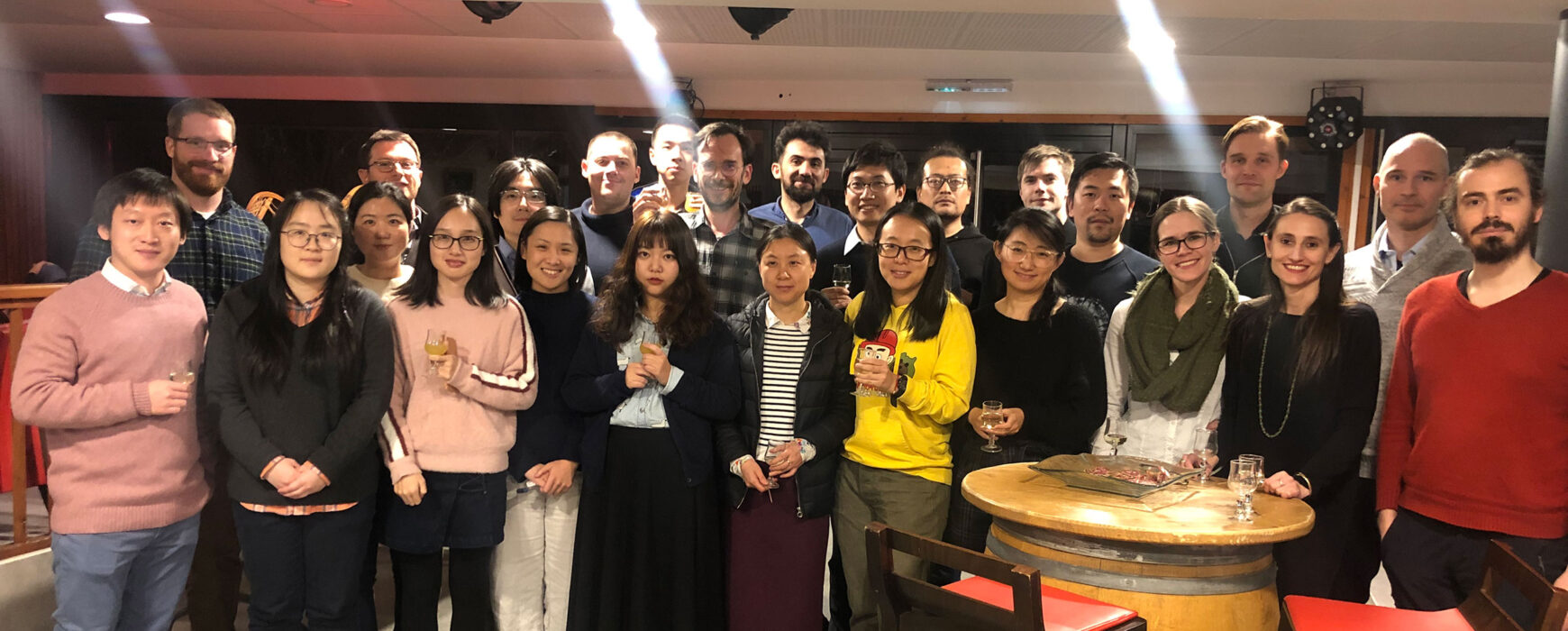
Report on the CRTA workshop, December 15-19, 2019 Aussois, France. Continue reading

December 15-19, 2019 Aussois, France. Continue reading
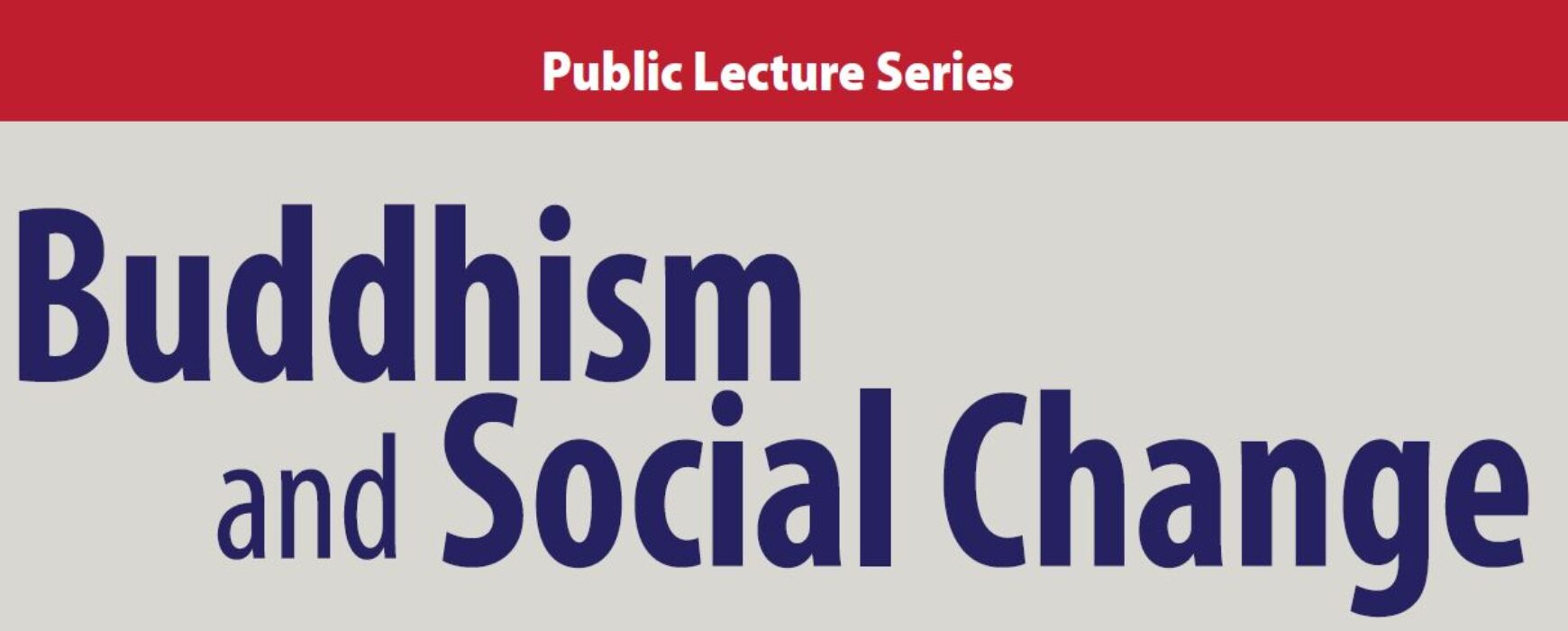
9am – 4:30pm, Sept 21, 2019 at Dharma Drum Vancouver. Advance registration required. Continue reading

May 26 – 27, 2018 at McMaster University. Apply for funding by April 30, register by May 10.Continue reading
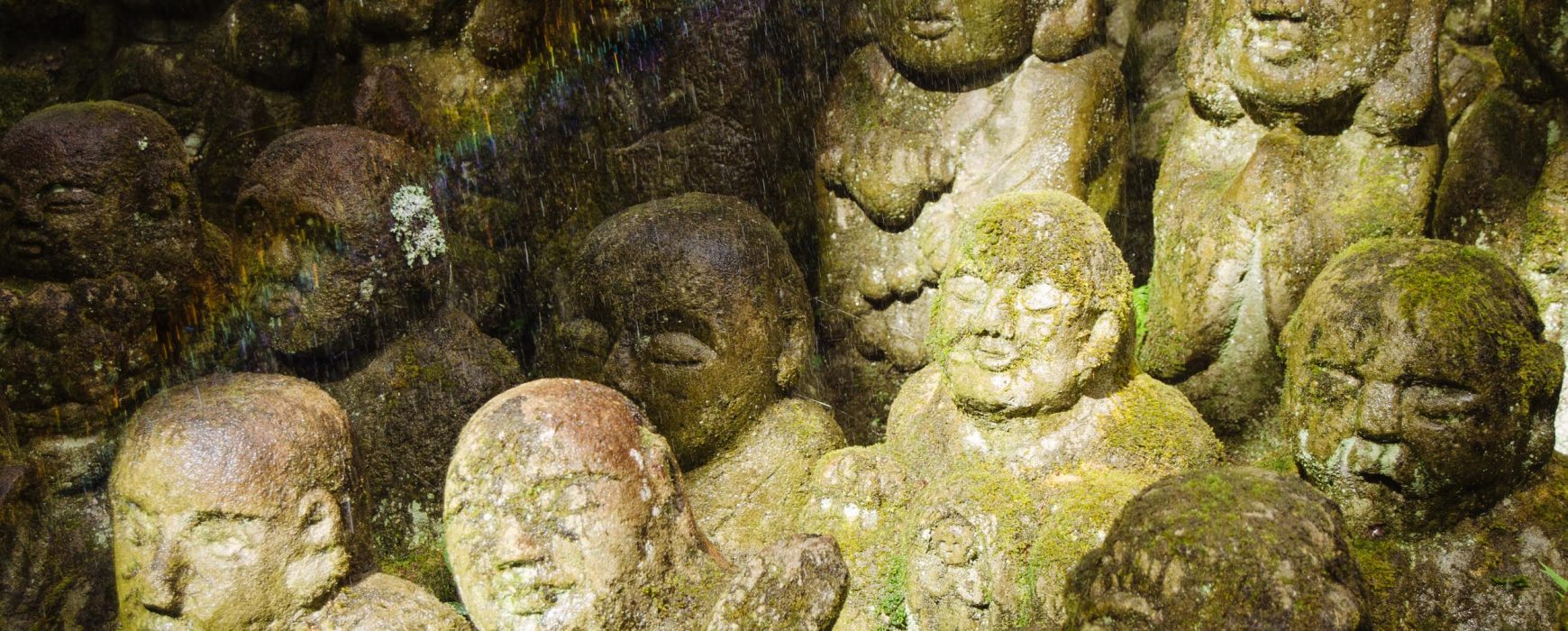
Please send the electronic version (WORD or PDF) of application materials by email or WeChat by April 20, 2018.Continue reading

September 1-2, 2017. UBC Vancouver, Canada.
Continue reading
August 9, 2016. Vancouver, Canada.
The relationship between literary and religious activities has been a lasting theme for any society of any time all over the world. One lens to see through the patterns of interactions between the religious and literary practitioners is provided by the relationship between Chan Buddhism and literature in medieval China. This one-day workshop, co-sponsored by the Social Sciences and Humanities Research Council of Canada (SSHRC) and the UBC Buddhist Studies Forum, invites several top scholars based in China and Canada to jointly shed new light on this intriguing issue.Continue reading
May 29, 2016. Vancouver, Canada.
This workshop aims to throw light on East Asian Buddhism’s involvement in warfare and other violent and semi-violent activities (e.g., military chaplains and counsellors, warriors, practitioners and promoters of the martial arts, and spices). In addition to bringing to light an important (and severely understudied) front in which the samgha (i.e., Buddhist community) intervened in the secular world, this workshop will also underscore the necessity to move beyond studying the “real situation of Buddhism” through the prism of the Buddhist precepts, which prescribed, rather than described, the circumstances under which the samgha grew and was transformed. Another aim is to study new features and patterns of state-samgha relations in East Asia.Continue reading